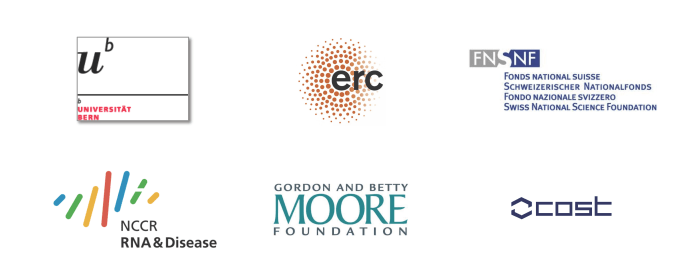Our research focuses mainly on RNA-mediated epigenetic mechanisms of genome regulation in eukaryotes. Ciliated protozoa offer a fantastic opportunity to investigate the complex process of trans-generational programming of chromosomal rearrangements, which is thought to serve as a form of immune defense against invasive DNA. Developmental processes in ciliates include extensive rearrangements of the germline DNA, including elimination of transposons and the precise excision of numerous single-copy elements derived from transposons. This process is considered to be maternally controlled because the maternal genome provides essential information in the form of RNA that determines the offspring’s genome content and organization. This programmed DNA subtraction, the so-called ‘RNA scanning’ process, is mediated by trans-generational comparison between the germline and the maternal somatic genome. One of the most intriguing questions is how a complex population of small RNAs representing the entire germline genome can be compared to the entire rearranged maternal genome, resulting in the efficient selection of germline-specific RNAs, which are able to target DNA deletions in the developing genome.

Watch Sarah’s video abstract to learn about one of our projects (and read the paper)